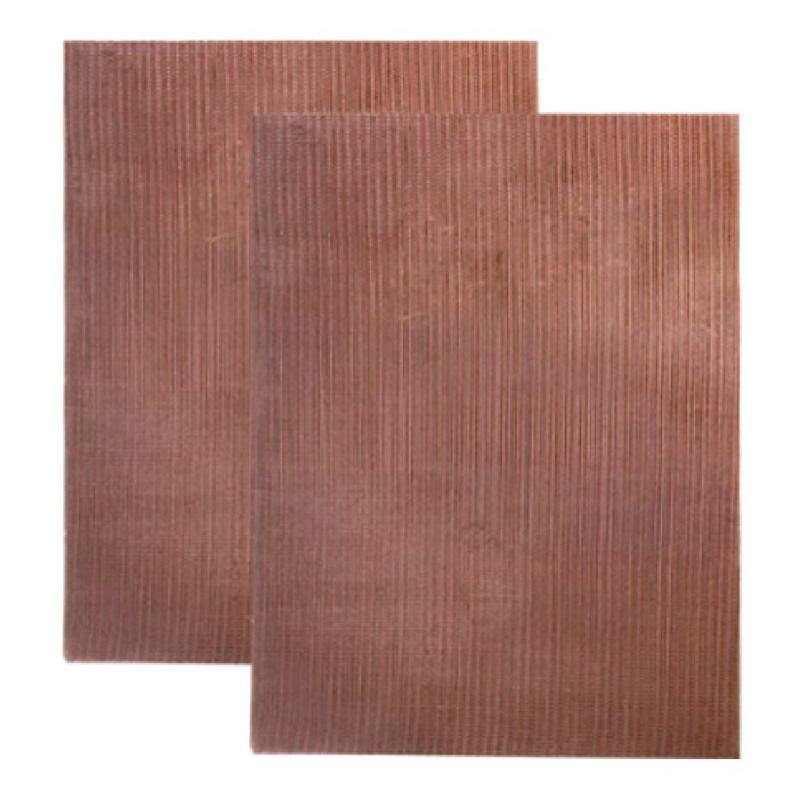Fiber filter nets are made from a variety of materials, each with its own set of properties that can affect the filter's performance and durability. Here are some common materials used in the construction of fiber filter nets:
Polypropylene (PP) is a synthetic polymer that is widely used due to its resistance to chemicals, high temperature, and moisture. Polypropylene filter nets are lightweight, have good mechanical strength, and are relatively inexpensive.
Nylon is another synthetic polymer known for its strength, durability, and resistance to abrasion. It can be used in applications where a higher level of mechanical strength is required.
Polyester is a strong, durable material that is resistant to various chemicals and has good dimensional stability. It is often used in applications where a balance of strength and flexibility is needed.

Stainless Steel Wire is sometimes used in mesh filters for its high strength, corrosion resistance, and ability to withstand high temperatures.
Natural fibers like cotton are used in some applications, especially where a more environmentally friendly option is desired. However, cotton may not be as durable or resistant to chemicals as synthetic materials.
This is a flexible and lightweight material that is resistant to many chemicals and has good low-temperature properties. It is often used in applications where flexibility is important.
Polyvinylidene Fluoride (PVDF) is known for its high chemical resistance, high temperature stability, and non-stick properties, making it suitable for aggressive chemical filtration.
Aramid fibers, such as Kevlar, are used in high-performance applications due to their high strength-to-weight ratio and heat resistance.
The choice of material for a fiber filter net will affect its performance in several ways:
The ability of the filter to resist degradation from chemicals in the fluid being filtered.
The range of temperatures the filter can withstand without losing its structural integrity.
The durability and resistance to wear and tear of the filter.
The size of the holes in the mesh and how evenly they are distributed, which affects filtration efficiency.
The filter's affinity for water, which can affect its performance in wet or dry conditions.
The ability of the filter to break down naturally, which can be a consideration for environmental applications.
The material's properties will also influence the manufacturing process, which can include weaving, knitting, or non-woven techniques, and the final application for which the filter net is suitable.


 English
English 中文简体
中文简体
















